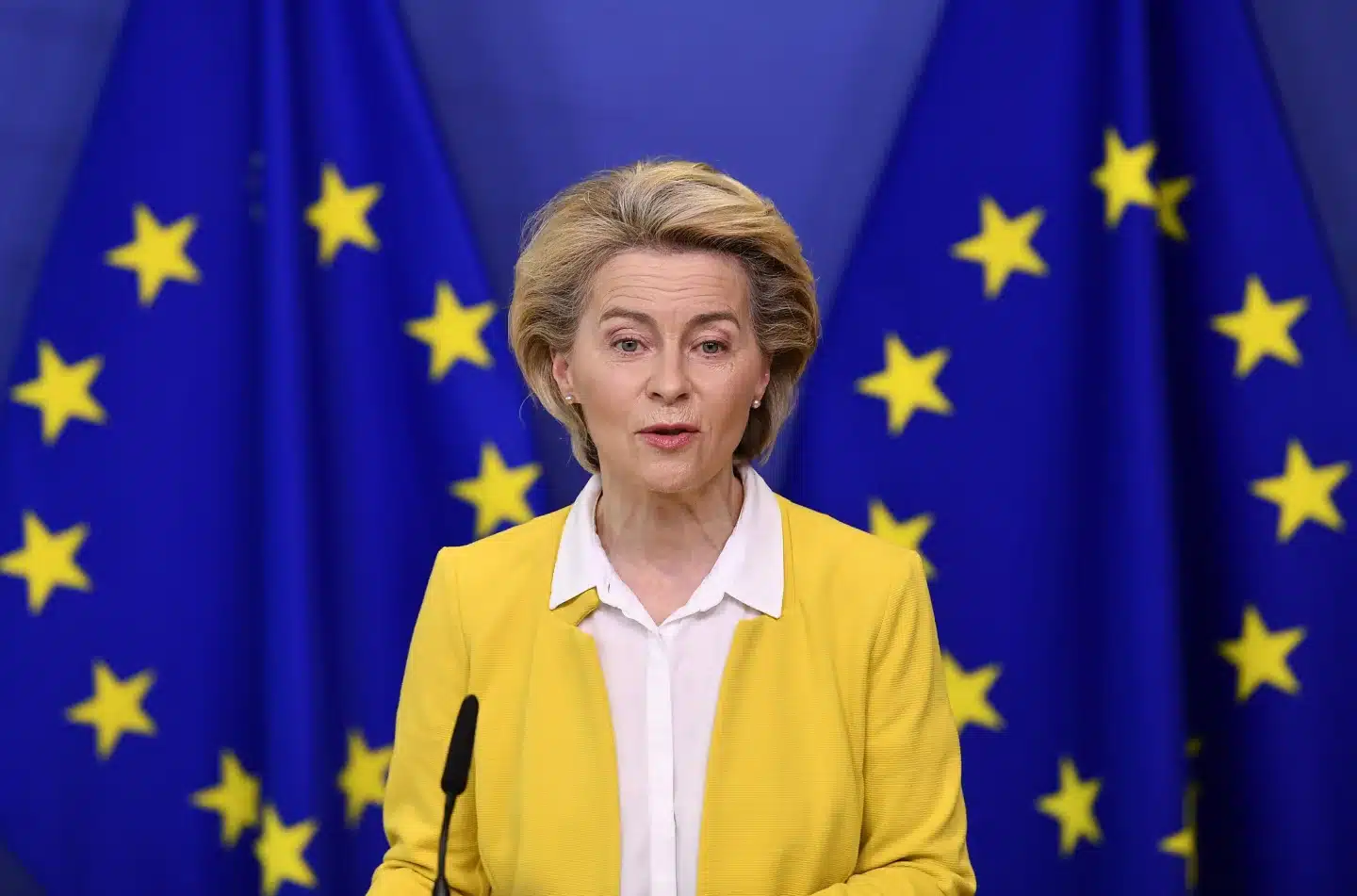The European Commission President, Ursula von der Leyen, will embark on a strategic journey to Egypt and Jordan this Saturday, November 18th. The news was revealed on X, the social networking service formerly known as Twitter, by a spokesperson for the EU Commission.
Underlining von der Leyen’s visit is a testament to the European Union’s growing commitment to deepen diplomatic and trade links with countries in the Middle East region. Egypt and Jordan, as pivotal nations in this area, undoubtedly play significant roles in shaping regional stability and prosperity, and fostering fruitful dialogue with them is part of von der Leyen’s plan to fortify EU’s Middle East policy.
This announcement comes amidst dynamic global and regional transformations, where powerful blocs like the EU are reassessing and bolstering their international relationships. Egypt, the most populous Arab state, holds a key strategic location at the crossroads of Africa and Asia. Its complicated geopolitical status makes it both a necessary ally and a potential pivot for the EU’s influence in Africa and the broader Middle East.
Consequently, von der Leyen’s visit to Egypt represents not just a diplomatic courtesy call but a symbolic assertion of the EU’s willingness to engage robustly with transitional democracies in the region, despite their complexities and challenges.
Furthermore, historians and analysts recognise Jordan as a centre of relative calm in an otherwise turbulent region. Jordan’s stability, despite its location amidst some of the region’s most intense conflicts, is often credited to its balanced foreign policies. As such, von der Leyen’s trip signifies the EU’s acknowledgement of Jordan’s role maintaining stability and peace within the region and aims to strengthen mutual cooperation against shared challenges.
Indeed, the European Union has previously leveraged Jordan as an influential mediator between warring factions in neighbouring countries, offering aid to support hosting refugee populations displaced by conflicts. As such, von der Leyen’s visit affirms the EU’s commitment to sustaining this cooperative relationship.
It remains to be seen how these upcoming engagements with Egypt and Jordan will influence the wider EU’s policy towards the Middle East. It is also worth noticing how von der Leyen will use these visits to manoeuvre the finer points of diplomacy, particularly when addressing contentious topics such as human rights, democracy, and regional security.
Nevertheless, this visit signifies the EU’s continuing desire to foster stronger ties with Middle Eastern countries, acknowledging their geopolitical significance and their potential role in shaping a more stable and peaceful Middle East. As such, von der Leyen’s trip could aid in forming or strengthening alliances and partnerships within this critical region.
This report reaffirms the European Union’s ongoing efforts to build robust and mutually beneficial relationships with Middle Eastern nations. Communities in Egypt and Jordan will be keen to see how the visit from von der Leyen can influence their strategic partnership with the EU, potentially opening avenues for deeper cooperation and increased investment.
While this upcoming journey signifies a specific diplomatic effort, it also mirrors the broader global trend of nations realigning and reassessing their relationships within the increasingly intertwined world political sphere. Further updates on the visit will be reported as events unfold.
Image Credit: John Thys, AP News



















